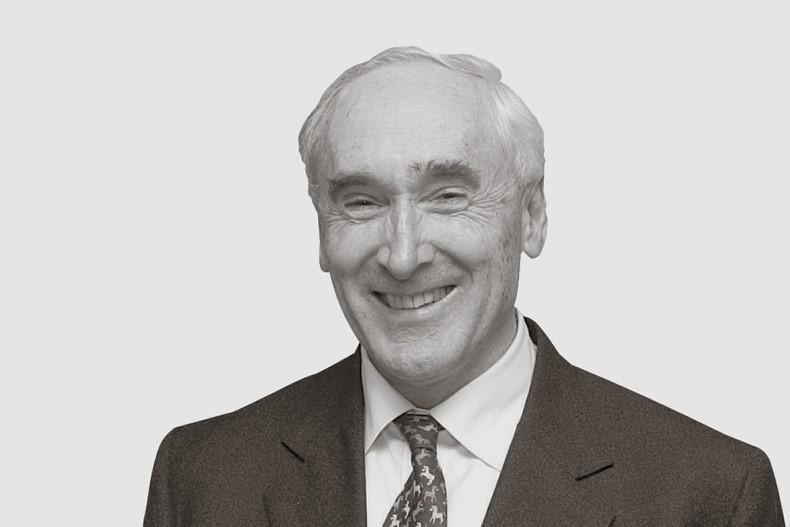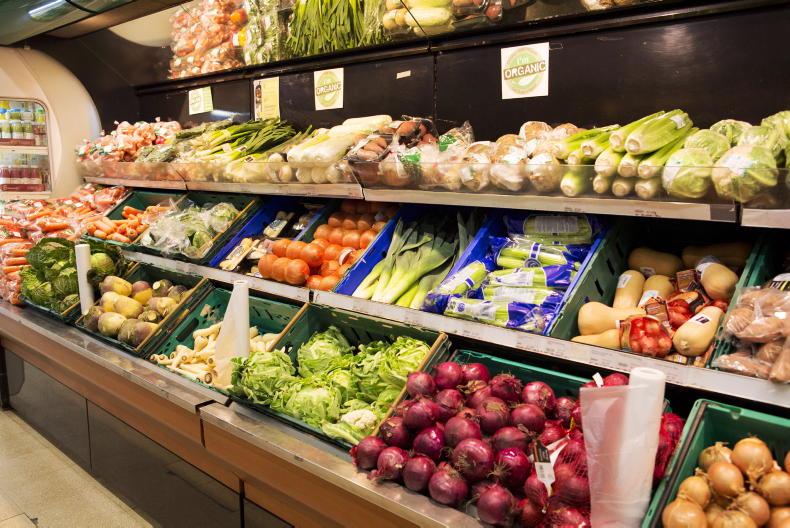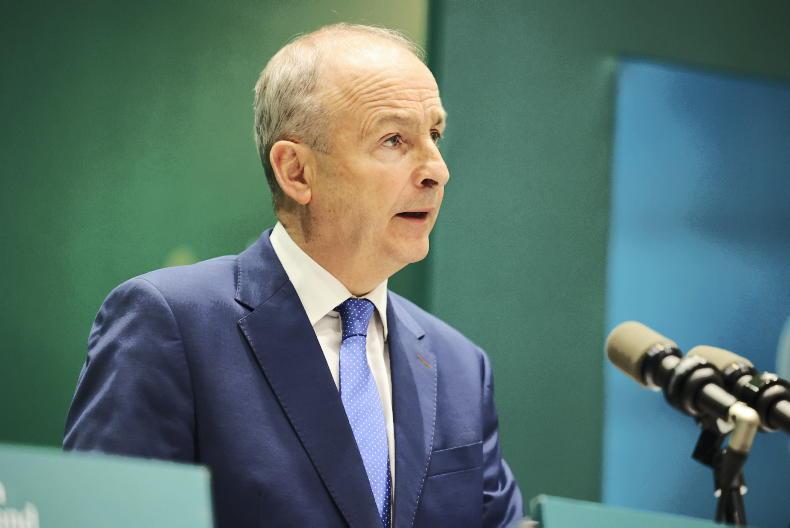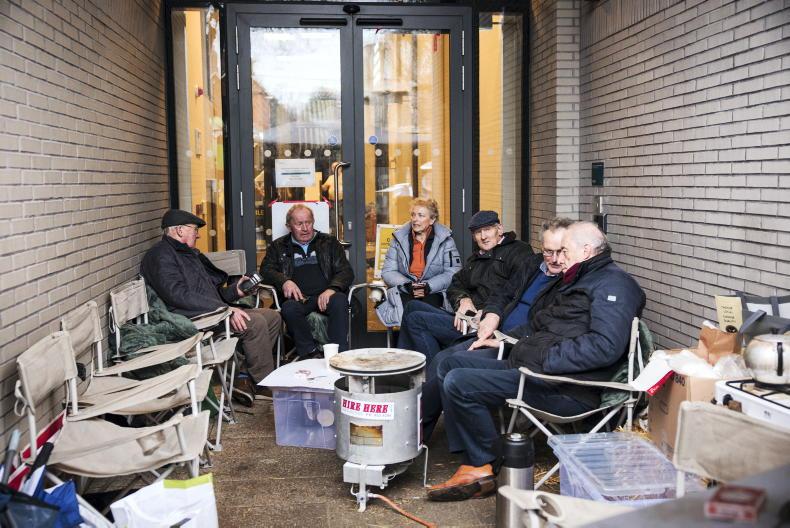I greatly regretted that I could not attend Alan Gillis’ funeral. When I first got to know him, he was deeply involved in Kildare IFA. At that stage, he farmed just down the road in Kilteel, near Kill. He was not born into farming and attended the college of technology in Bolton Street. His uncle had a mainly sheep farm in Tallaght and that brought him into contact with farming.
With income from conacre work and metal fabrication, he bought the farm at Kiteel on the Kildare-Wicklow border in 1962 and went into dairying, supplying the Dublin liquid milk market which involved calving cows all year round.
After serving as chair of the Kildare executive, he became national treasurer, later honorary secretary and then deputy president in 1988
Later, he transferred to a larger farm near Grangecon, Co Wicklow. He had a huge capacity for work and was deeply involved with the then NFA. It was an involvement that lasted for the rest of his life. He was one of those imprisoned for not paying a fine following the road blockages and demonstrations in 1967.
After serving as chair of the Kildare executive, he became national treasurer, later honorary secretary and then deputy president in 1988 to Tom Clinton. After Tom’s first two-year term, Alan became president in 1990. He had been a member of a trade union in his early working life and while passionately pro-farmer, he always had a capacity to see the merits of an argument from both sides.
The 1980s had been an extremely difficult decade for Irish farming, with over-supplied markets and the first GATT/WTO international deal involving agriculture was being negotiated, while in Brussels, the MacSharry proposals for the fundamental reforms of the CAP were unveiled. But simmering away was the BSE nightmare, causing catastrophic damage to the beef sector.
As Alan Gillis’s presidency ended, farm incomes were set to increase and in many ways, the worst was over
In all of this, Alan Gillis kept his head and tackled each problem on the basis of logic and reasoned argument, backed up by the IFA organisation and staff led by Michael Berkery and chief economist Con Lucey. Progress was made on all fronts, though as Con wrote in the Irish Farmers Journal at the time, the declining price of grain would determine the value of Irish grass.
Nevertheless, a lot had been achieved, with the direct payments safeguarded, a support scheme put in place to deal with the BSE disaster and a long overdue acknowledgement that a devaluation of the Irish pound was necessary to counteract the inflationary devastation of the Haughey years. As Alan Gillis’s presidency ended, farm incomes were set to increase and in many ways, the worst was over.
He fulfilled the role with his customary capacity, diligence and integrity
He then stood for Fine Gael as a successful candidate in European elections in the Leinster constituency and served as an MEP for five years until 1999.
After his time in the European Parliament, Alan was asked to serve on the board of the new Tallaght hospital. He subsequently became chair of the institution which combined the different traditions of three long-established Dublin hospitals. He fulfilled the role with his customary capacity, diligence and integrity.
Farming and family dominated his later years, though he continued his favourite sport of wind surfing on the Blessington Lakes and was a generous host at his home in Grangecon. His wife Irene pre-deceased him in 2020. He is survived by his daughters Anna and Hazel and sons Nigel and Barry, to whom we offer our sincere sympathy.









SHARING OPTIONS